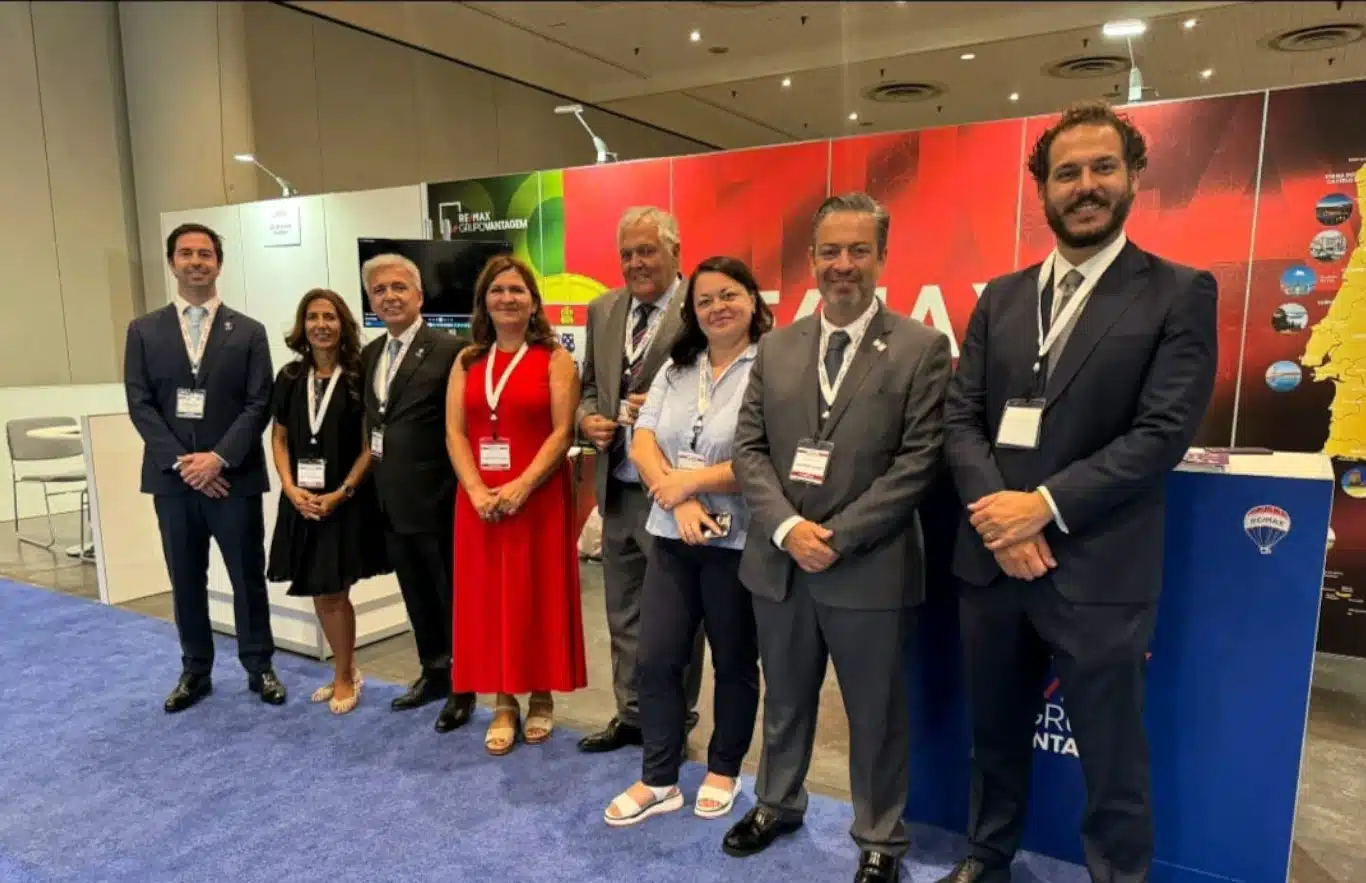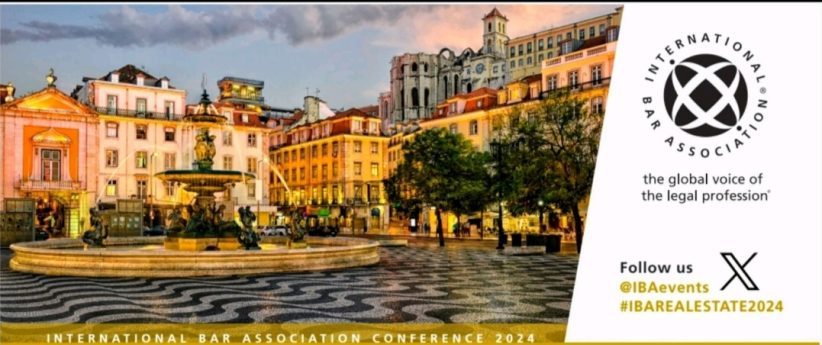The new Local Accommodation legislation, effective from 1 November, revises certain provisions of the “Mais Habitação” Programme, with the main goal of striking a balance between Local Accommodation (LA) activities and housing availability, respecting private property and housing rights while considering economic and urban impacts.
Key Changes to the LA Framework
1. Municipal Authority
- Regulation of LA will now be conducted locally by City Councils, which will establish municipal regulations for this purpose.
- Municipalities with over 1,000 registered LAs have 12 months to decide on exercising regulatory power over this matter.
2. Local Accommodation Ombudsman
- A Local Accommodation Ombudsman has been established to mediate conflicts among residents, LA operators, and condominium owners.
- The Ombudsman will handle complaints, issue recommendations, and approve best practice guidelines.
3. Process of Communication and Opposition to Initial Notification
- Initial Notification: Establishing hostels within buildings under horizontal property requires condominium approval. Applicants must submit minutes from the condominium owners’ meeting showing authorization.
- Opposition to Notification:
- The maximum time allowed for opposing an LA installation has been extended to 60 days (90 days in restricted zones).
- Grounds for opposition now include: (i) non-compliance with municipal restrictions in containment and sustainable growth areas, and (ii) lack of appropriate property use authorization.
- If an objection is raised, applicants may request a municipal inspection at their expense.
4. Repeal of “Mais Habitação” Rules
- Provisions on the non-transferability and expiration of LA registration have been repealed.
5. Cancellation of LA Registration
- The mayor may delegate authority to cancel an LA establishment’s registration to council members or municipal service heads.
- Grounds for cancellation now include:
- Absence of valid mandatory insurance or failure to provide proof of it.
- Recurring, substantiated disruptions affecting normal property use when unresolved through commitments.
- In restricted zones, LA registration may be cancelled if rental contracts for permanent housing were issued within the two years preceding the notification request, contrary to municipal regulations.
6. Condominium Owners’ Rights
- The majority required to oppose LA operations is reduced to over half of the building’s permilage.
- Bans on LAs (and related amendments to condominium rules) now require a two-thirds majority and apply only to future installations. They must be based on (i) repeated, proven disturbances or (ii) nuisances affecting other owners. Requests for a municipal decision must be submitted to the mayor.
- The prohibition on the installation of an AL establishment in a property in the constitutive title of the horizontal property or property regulation or even in deliberation at a condominium assembly, does not determine that this constitutes a purpose other than that for which the property is intended (art. 1.422/ 2- c) Civil Code).
7. Procedure for Lease Cancellation
- The mayor decides on requests to cancel LA registration and any related measures. If approved, the LA operation must cease immediately.
- Properties operating without registration will be reported to ASAE, and the municipality may take immediate action, if necessary.
- As an alternative to cancellation, the mayor may facilitate an agreement among the parties involved, assisted by the Local Accommodation Ombudsman where available. This process has a 60-day limit and concludes with a report proposing solutions or confirming that LA operation cannot continue.
8. NRLAE (National Registration of Local Accomodation Establishments) Information
- NRLAE will now include the registration holder’s email address and mandatory insurance expiration date.
9. LA Capacity
- The capacity limit has been reduced from 30 to 27 users, with convertible beds limited to a maximum of 50% of the number of fixed beds.
10. Mandatory Insurance
- LA license holders must carry insurance covering specific risks outlined in the LA regime, including liability insurance.
11. Establishment of LA in Pre-1951 Buildings
- Establishment of commercial and service venues, including restaurants and bars, is allowed in buildings constructed before 1951, provided legal requirements are met.
12. Containment and Sustainable Growth Areas
- Municipalities may define containment and sustainable growth areas for new LA installations in local regulations.
- Regulations may limit the number of new LA registrations per area, considering housing and environmental factors.
- This Decree-Law clarifies containment and sustainable growth areas, which must be reassessed every three years and reported to Turismo de Portugal, I.P.
- Creation and evaluation of these areas must be based on impact studies and density analysis.
13. Inspection
- ASAE will monitor compliance with LA regulations.
- The City Council (including the Municipal Police) will exercise authority and enforce regulations established in municipal policies.
- Parish Councils are no longer responsible for inspecting the LA establishments.
- Each of these entities may independently open cases, impose fines, and apply sanctions as necessary.
14. Compatibility of Use
- Municipal regulations will define valid and compatible property uses for LA operations. In their absence, the mayor will determine compatible uses.
- For the “room” type, only residential use is permitted; for “villa” and “apartment” types, non-residential use is allowed if LA requirements are met. For “lodging establishments” and “hostels,” the City Council may permit non-residential uses depending on the type of LA and capacity.






